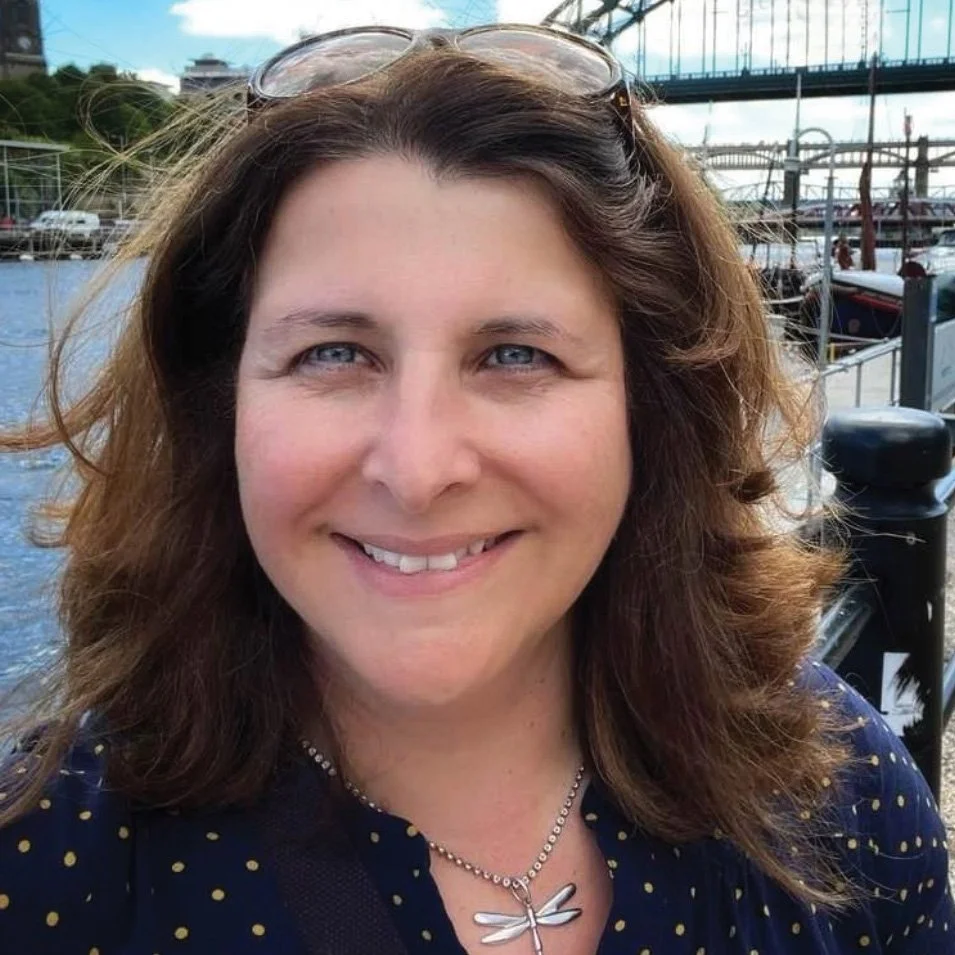Neurodiversity & Dwelling
Image: Kate’s Rublev Icon at home
Living in an anxious and neurodivergent world and dwelling in the House of Love.
As I considered writing this blog, I noticed my anxiety rising. First, I felt tension in my body, and then I observed my mind, which I sometimes call my "stinking thinking." I began reflecting on this negative thought process and how my internal script runs. In my vivid imagination, I visualise the possible negative outcomes of not producing a blog: people disappointed or laughing at me, the displeasure or contempt in others’ facial expressions, and being seen as a failure. Holding these uncomfortable emotions made me feel as if I wanted to scuttle away and hide that part of myself—my inner mouse hiding in the darkness of the skirting board—while trying to summon my inner lion and roar!
My first paragraph gives you a view of my inner space and the distortion of my self-image. My outer space, the serene calm of my Swan self, glides effortlessly in my present activity; however, I am not disconnected from my emotions, and my feathers are ruffling and needing some attention. I decided to reflect, listen, and welcome this anxious part of myself in a safe space – God’s hospitable house of love and Visio Divina’s way of praying with the Rublev icon. In prayer, I observe that beneath my anxiety lies a sense of shame, and under shame, there’s fear and a question: Is it okay to be me and to be seen, the good, the bad and the ugly? A further question: Where did this shame and fear originate? It’s an old map and script thread from my early childhood experience at school, managing my feelings and emotions and the anxiety and frustration of others (my parents and teachers) in me producing comprehensive words on a blank exercise page with the disposition of undiagnosed dyslexia, it was the late 1970’s!
The challenge of my early years in education motivated my loving parents, who worried about my future, to invest time and money in weekly after-school tuition for reading, writing, and spelling. I am grateful for their investment and for reaping the benefits in my adult years; however, how do I pause this fear script that seems looped on play in my mind's Spotify app and disturbing my peace? I practice contemplative prayer, becoming grounded in God's unconditional love, and a combination of the movements from my mind to my heart helps. I must become aware of the emotions in my body and acknowledge feelings such as fear and worry, and in doing so, their power subsides in my internal space. Surrendering these feelings in prayer to God and letting go is a discipline that helps me find courage, and as a result, the words and thoughts for my blog begin to flow more freely.
In Matthew 6:33-34, Jesus says: "Seek first his kingdom and his righteousness, and all these things will be given to you as well. Therefore, do not worry about tomorrow, for tomorrow will worry about itself. Each day has enough trouble of its own" Jesus' wisdom is clear: don't let concerns about tomorrow consume you. This advice is simple yet profound, though often easier said than done in the 21st century, especially when unacknowledged emotions and feelings of fear and worry consume us. In this context, the word "worry" can also be understood as "anxiety," which literally means being pulled apart or drawn in opposite directions. It vividly illustrates a body, mind, and heart torn between today and a feared future. Grounding ourselves in times of fear is important to our emotionally healthy spirituality. Emotions come from God. God created human nature, and emotions are part of human nature.
I would like to offer this Visio Divina (download here) along with an invitation to dwell in God's House of Love, becoming conscious of your physical, mental, emotional, and spiritual self. Divine presence accompanies us on our journey of faith. God says he sees us in Psalm 139 and promises, "I will never leave you nor forsake you," in Hebrews 13, and Jesus assures us of His non-anxious presence and comfort, reminding us that He goes ahead to prepare a place for us in His eternal Home (John 14:1-3). Today, let us choose to dwell in the House of Love.
Questions for you and your directees:
What does emotionally healthy spirituality mean for you?
Take some moments to reflect and notice what emotions you are currently experiencing in your life. Are you acknowledging them? What patterns or clusters
of emotions do you see?
Does your acceptance or denial of emotions move you closer to God or
away from God?
How do you offer yourself compassion and create a safe, non-judgmental space for your emotions to be acknowledged and named?
In spiritual direction, what can we model as directors to support our directees on their journey, stages of faith and emotional rollercoaster moments?
Kate Pozzo
Kate trained in spiritual direction on the Encounter course and is passionate about supporting others on their spiritual journey of self-discovery, personal growth, and formation. She enjoys facilitating spaces for listening, encouraging reflection, creativity, and connection, and noticing the sacred in everyday life.
Kate combines her experience and practice in spiritual direction with her day- to-day as an integrative counsellor and in pastoral supervision. Previously, she worked as a graphic designer in the public and third sector and was actively involved in pastoral ministry, church planting in Surrey and serving in a multicultural church in Southwest London. Kate now lives in Northumberland with Johnny, her husband, and when the opportunity presents itself, finds joy in walking and praying along the coastal pilgrim pathways. She finds inspiration in the ebb and flow of the tides, reflecting the rhythm of prayer, work, and Sabbath rest.



